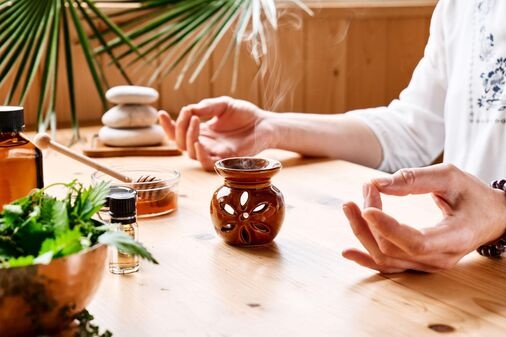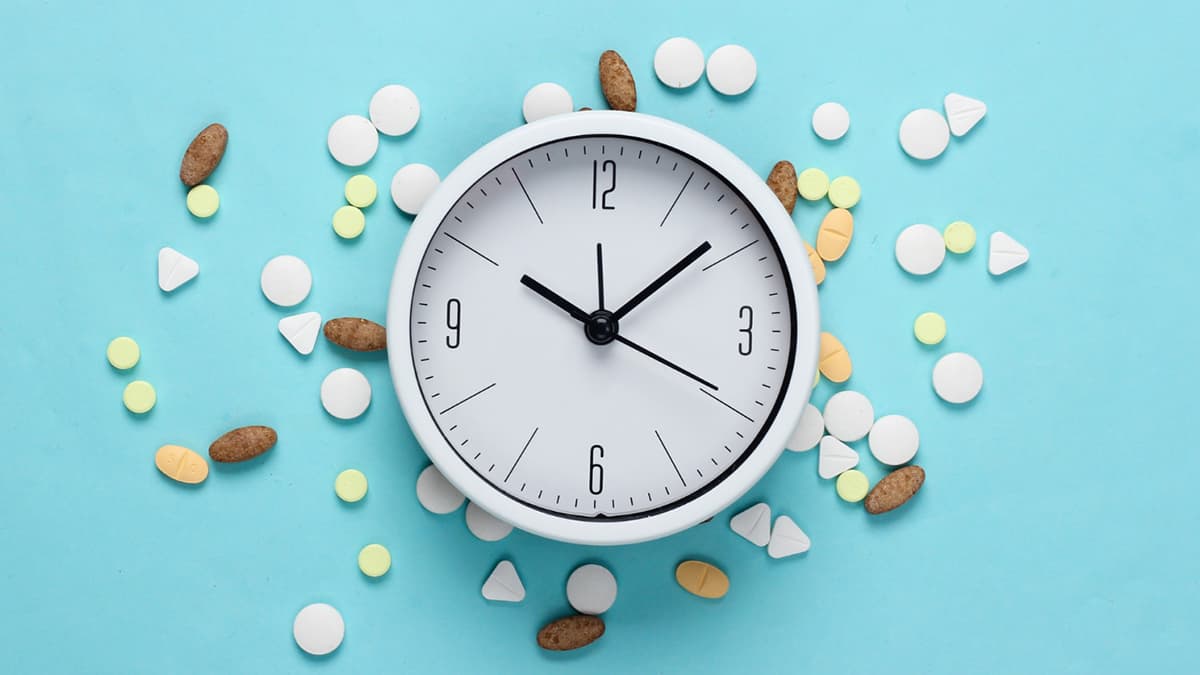Depressed spouses often feel misunderstood and that their situation is hopeless. Painful and harrowing experiences can often lead to depression, if not processed and dealt with effectively over time.
Your spouse may experience various symptoms, including mood swings, loss of interest in life, changes in appetite, poor sleep patterns, irritability, and thoughts of suicide. As much as you love them, you’re not always sure of how to help them out of the pain.

Here are four ways to support your spouse with depression.
1. Don’t React When They Withdraw or Have Angry Outbursts
Sometimes you’ll hurt when your spouse withdraws or has anger outbursts, but it’s important to stay calm. Try not to react with similar behavior. Doing so creates a vicious cycle of anger, fights, and resentment.
Focus on solutions to depression rather than everyday setbacks that drive you apart. As you focus on the cause of the depression, you might even realize that your spouse is dealing with PTSD, trauma or other mental illnesses. When they seem out of control or have an outburst, give them some time alone to recollect themselves. Later on, you can talk about the incident.
2. Actively Listen
People fighting depression often feel that no one understands what they’re going through. To help your spouse, try to understand first, and listen more. Encourage them to talk about the setbacks they are experiencing, the triggers they have noticed, and the feelings they’re dealing with.
Find a suitable time to discuss problems, but avoid discussions when either of you is upset. Also, avoid criticism, anger, or hostility during these conversations. Encourage a supportive atmosphere that encourages open discussions without judgment. When they talk, pay more attention, avoid distractions, and do not interrupt their thought flow.
3. Encourage a Positive Attitude
Positivity encourages your spouse to find lasting solutions to depression and other mental health issues. Always be optimistic, patient, and supportive. Some things you can do together to encourage positivity are:
a. Taking Leisure Walks
Walks, jogging, or time outdoors triggers serotonin, which enables your spouse to relax and enjoy the outdoor experience. They’ll be in a better mood throughout the day and more energetic. Walks or time outdoors can be a good alternative when your spouse is trying to avoid alcohol, cigarettes, or street drugs as well. The more relaxed they are, the easier it is to think clearly about solutions and goals.
b. Spend Time Together
Spending time together not only strengthens your bond, but it helps your spouse realize they have a friend they can confide in. It also creates time for relaxing or mood-lifting activities. Make every time you spend together meaningful by talking about uplifting topics, watching movies that make you laugh, playing games, dancing together, reading inspirational books, or listening to music.
c. Exercise More
Exercise reduces stress levels and boosts serotonin levels. After an exercise routine, you’ll be more relaxed, in control, and happier. Try to keep a regular schedule you can both maintain long-term. Also, as you improve your health, this will boost your confidence and reduce depressed feelings.
d. Encourage Singing
Listening to your spouse singing takes the focus off depression and anxiety. It’s a great way to bring out their creativity and reach beyond the walls they want to build around themselves. It can also boost their self-confidence and ability to communicate their feelings.
Encourage and challenge each other positively, be it on duets or solos. Singing together releases happy chemical messengers from the brain that have mood-uplifting effects. You’ll laugh and have more peace after a session.
4. Seek Professional Help Together
When your loved one is depressed, seek professional help. Your partner may be reluctant at first, but encourage them to talk to a therapist. They might feel embarrassed or ashamed of their situation, and a therapist can help them work through those emotions.
Not addressing mental illnesses can lead to substance abuse, suicide, and other health conditions such as high blood pressure. Encourage your spouse by accompanying them and staying by their side during sessions, if they want you there. Talk to them about the benefits of therapy, including the support a good therapist can offer. When focused on the results, they’re more likely to attend appointments regularly.
Be Patient and Take Care of Yourself
Create time for your needs and look after your health and well-being. Doing so enables you to help your spouse through the challenges. Be patient. The journey to recovery is sometimes tedious. However, with consistency, you’ll find lasting solutions to depression together.








Leave a Reply
You must be logged in to post a comment.